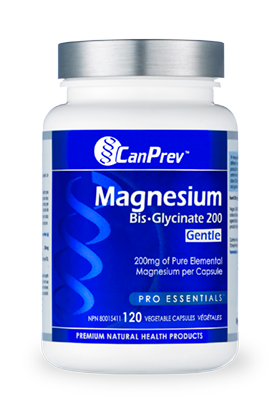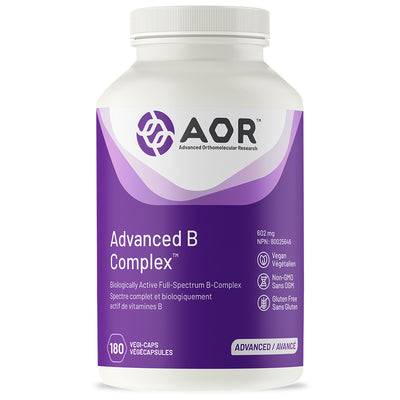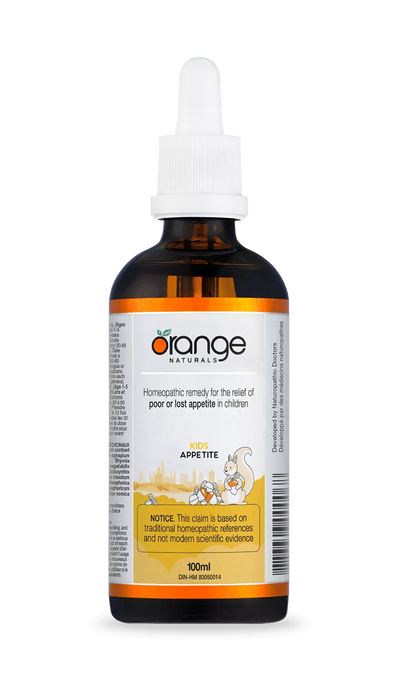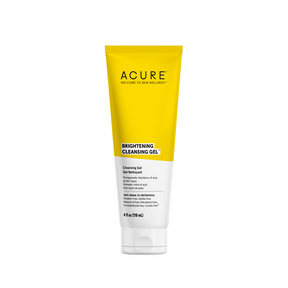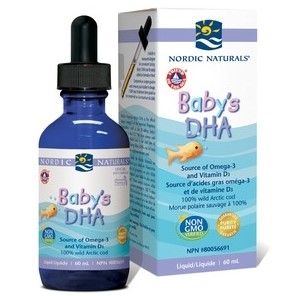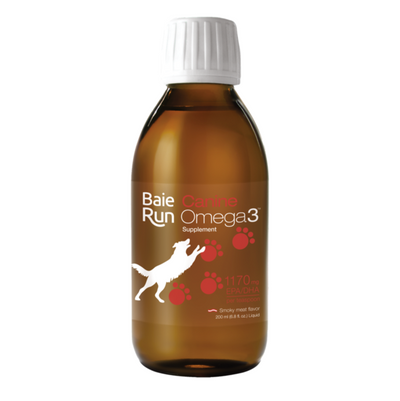A Guide to Choosing the Best Fish Oil for Your Health
Reviewed by Aleksandra Morgan, CNPFish oil is a popular dietary supplement known for its many health benefits, especially for the heart, brain, and overall well-being - but not all fish oils are created equal. With so many options to choose from, finding the best quality fish oil can be tricky. In this blog, we will explore important factors to consider when choosing a fish oil supplement, to answer common questions like:
- What type of fish oil should I be taking?
- How do I check and confirm the quality of a fish oil supplement?
- Is this fish oil supplement safe to use?
- How do I choose the right type of fish oil supplement?
What type of Fish Oil should I be taking?
Understanding Triglyceride vs. Ester Forms
Let’s get technical. Fish oil supplements typically come in two primary forms: triglycerides (TG) and ethyl esters (EE). Triglyceride form is the natural form of fatty acids found in fish and is considered by many to be more bioavailable and easier for the body to absorb. On the other hand, ethyl ester form is a synthetic form often used in concentrated fish oil supplements. While ethyl ester form can have higher concentrations of EPA (eicosapentaenoic acid) and DHA (docosahexaenoic acid), some argue that its absorption rate may be lower compared to triglyceride form. For this reason, we recommend Triglycerides for best nutrient absorption and a natural source.
CANPREV OMEGA-PRO BALANCE 1-1 is an example of a liquid fish oil in triglyceride form. If you prefer soft gels, this might be a great option for you: METAGENICS OMEGAGENICS EPA-DHA 1000
How do I check and confirm the quality of a fish oil supplement?
Importance of Quality Control
Quality control is crucial when it comes to fish oil supplements to ensure purity, potency, and safety. Look for products that adhere to rigorous quality control standards and have gone through a third-party quality control process. One example of a third-party testing and certification program specifically focused on fish oil supplements is IFOS, which stands for the International Fish Oil Standards program. IFOS assesses the quality, purity, and safety of fish oil products by testing them for a range of contaminants, including heavy metals (e.g., mercury, lead), PCBs (polychlorinated biphenyls), dioxins, furans, and oxidation products. You can look for the IFOS certification logo on fish oil supplements as a sign of quality and purity assurance.
Here are some IFOS certified fish oils:
CYTO-MATRIX OMEGA LIQUID FORTE
Additionally, consider the sourcing and sustainability practices of the brand. Opt for fish oil derived from wild-caught, small, cold-water fish like anchovies, sardines, or mackerel, as they tend to have lower levels of contaminants compared to larger fish like tuna or swordfish, and are more environmentally friendly.
Is my fish oil supplement safe to use?
Low Toxicity and Purity
Ensuring low toxicity and purity in fish oil supplements is crucial for safeguarding your health. Reputable manufacturers employ advanced purification techniques such as molecular distillation or supercritical fluid extraction to remove impurities and contaminants while preserving the integrity of the omega-3 fatty acids.
How do I choose the right type of fish oil supplement?
There are various types of fish oil supplements available, each with its unique composition and health benefits, which we will break down below:
Krill oil, derived from tiny crustaceans called krill, is rich in omega-3 fatty acids EPA and DHA, as well as astaxanthin, a potent antioxidant. Krill oil is known for its superior bioavailability due to its phospholipid structure, which may enhance absorption compared to traditional fish oil. Additionally, krill oil is less prone to oxidation, ensuring better stability and freshness. Here is our favorite: CANPREV KRILL OIL
On the other hand, fish oil supplements sourced from fish vary in their EPA/DHA ratios, with some formulations containing higher concentrations of EPA or DHA. EPA is known for its anti-inflammatory properties, benefiting cardiovascular health and mood regulation, while DHA plays a crucial role in brain function and cognitive health. Choosing the right EPA/DHA ratio depends on individual health needs, with higher EPA ratios often recommended for inflammatory conditions like arthritis, and higher DHA ratios may be beneficial for brain health and cognitive function.
Here is a high EPA fish oil: NFH HIGH-EPA SAP and a high DHA option: NFH HIGH-DHA SAP
Choosing the right fish oil supplement can greatly impact your health. Remember to look for triglyceride form, check for third-party certifications like IFOS, and consider sustainability as well as EPA/DHA ratios. By making an informed choice that ensures purity, potency, and safety you can start enhancing your wellness with high-quality fish oil as a part of your daily routine!
Also, we still offer a free 15 minute consultation with our nutritionist, should you have any further questions about fish oil or any other supplements.
Disclaimer: The information provided in this blog is for educational purposes only and should not be considered as a substitute for professional medical advice, diagnosis, or treatment. Always seek the guidance of a qualified healthcare provider regarding any medical condition, dietary changes, or supplementation.


